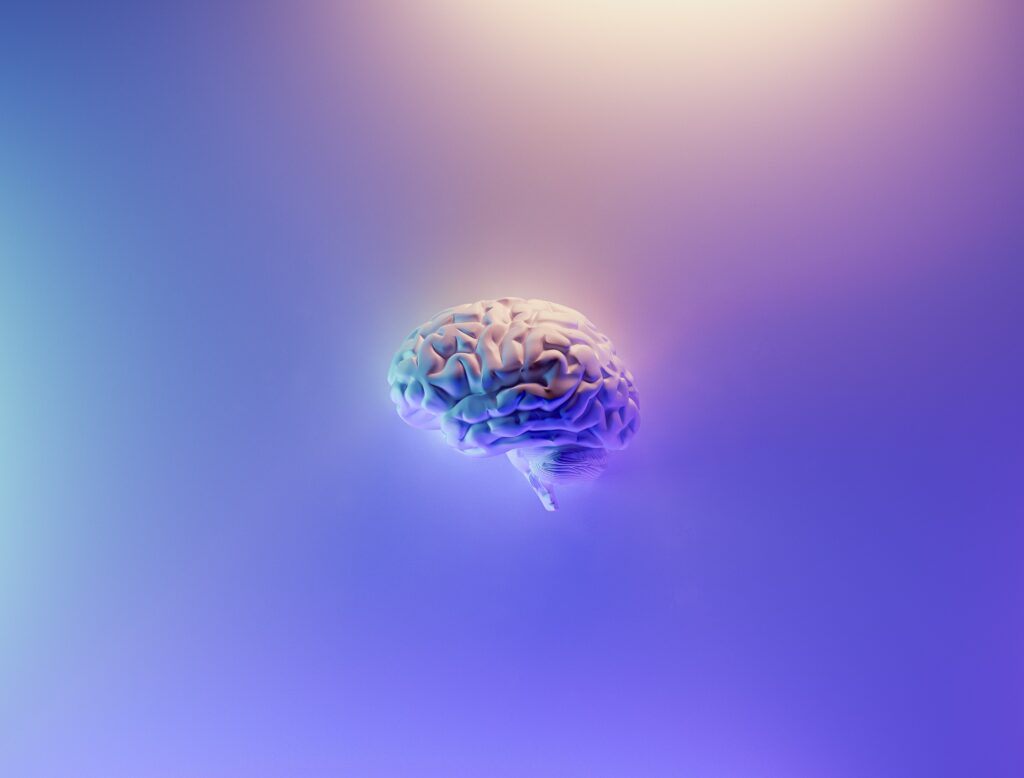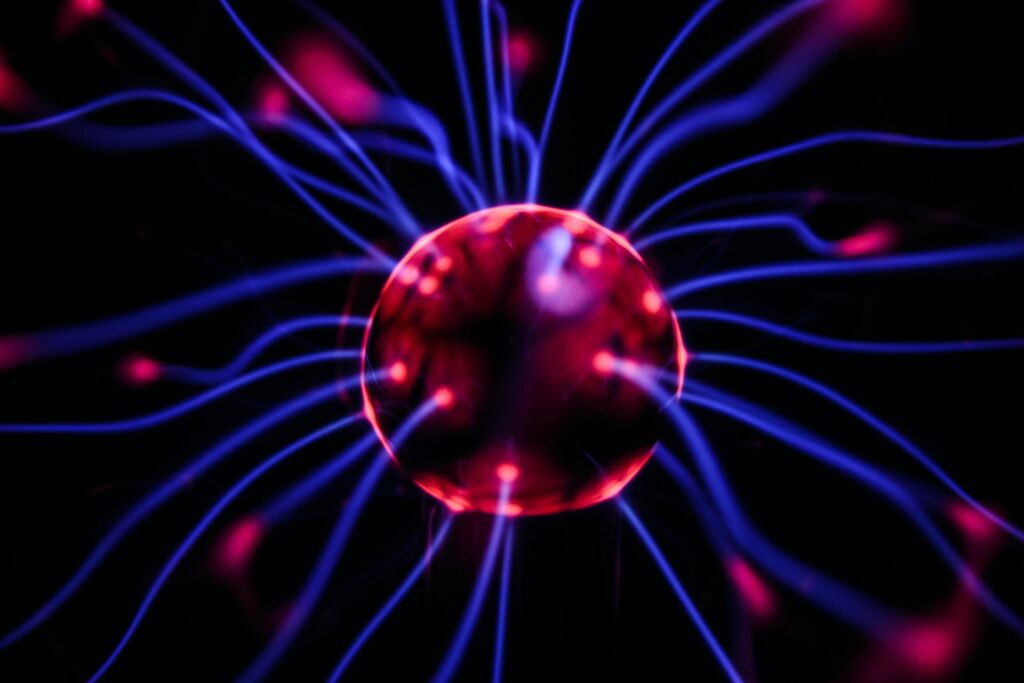Coca leaves are crushed and ground up to make the stimulant chemical Effects of cocaine, one of the most addictive molecules on the planet. “Blow” is a term that refers to a variety of substances, including cocaine, crack, rock, and snow. Using this white powder via snorting it, injecting it, or smoking it provides a mild sleepy effect that can be alleviated by lying down.
When first consumed, Effects Of Cocaine frequently cause a surge of energy to sweep through the body and mind. Individuals on cocaine may experience an increased sensation of alertness and vitality, as well as a sense of stability. After a cocaine comedown, users are left feeling paranoid and agitated, gloomy, foggy-headed, shaky, and fatigued. As destructive as cocaine is to the body, its effect on the brain is far more deadly.
Cocaine Disorients the Mind:
Neurotransmitters, the brain’s chemical messengers, are the first to be affected by cocaine. Chemical messengers, neurotransmitters allow cells in our bodies to communicate with one another through chemical messengers. Dopamine, a neurotransmitter known as the “feel-good” hormone, is responsible for communicating our pleasure responses.

I got a massage, having sex, eating well, and listening to excellent music all trigger dopamine release in the brain. Small quantities of dopamine go through our brain cells and deliver messages of pleasure, amusement, and satisfaction as we engage in these activities. Dopamine fills your brain when you consume Effects Of Cocaine ,on the other hand.
So much of the chemical is dispersed across the environment that it has nowhere to go. Dopamine is the neurotransmitter responsible for the euphoric high you experience. However, your brain quickly gets used to the excessive amounts of dopamine.
Increased dopamine levels activate receiving cells in the brain, causing them to become too active. Dopamine levels aren’t enough to give the same joyful effects when this occurs. There are several additional neurotransmitters that cocaine suppresses, such as:
Cocaine usage hurts the anatomy of the brain:
There are two other ways that cocaine abuse might harm your brain’s structure:
Inability to make decisions:
This is the part of your brain that helps you make decisions. It’s called the orbitofrontal cortex (OFC). To put it another way, this part of your brain helps you choose from different options. The Effects Of Cocaine make it impossible for you to make rational decisions. If you’ve been taking cocaine for a long time, you may not be able to think clearly or make good decisions.
Cocaine Can kill your Brain’s Cells:
Effects Of Cocaine induced brain damage in this man’s head, according to a study by Johns Hopkins University, can trigger brain cells to self-destruct. Neurons in the study consumed themselves from the inside out as a result of taking cocaine. Usually, this is a good thing, but cocaine interferes with the process of autophagy.

Prasun Guha, Ph.D., compares a cell to a home that is continually producing garbage. The housekeeper of garbage removal, autophagy, is usually a good thing.” However, cocaine causes the housekeeper to discard precious items. When your cells do not receive the energy they require, they become damaged and may eventually die.
Cocaine’s Long-Term Effects on the Brain:
Prolonged Effects Of Cocaine may have long-term consequences on the brain, such as:
- Suicidal thoughts
- The state of one’s emotions might change drastically.
- Paranoia
- Parkinson’s disease, schizophrenia, and bipolar illness are all associated with an increased risk.
- Insanity or mental illness
- Hallucinations of the auditory kind.
- Neurological problems such as seizures
- Damage to the blood vessels is irreversible.
As a result of cognitive impairment, disorientation and mental confusion are possible outcomes.


Recent Comments